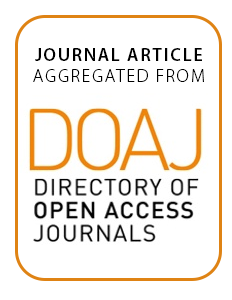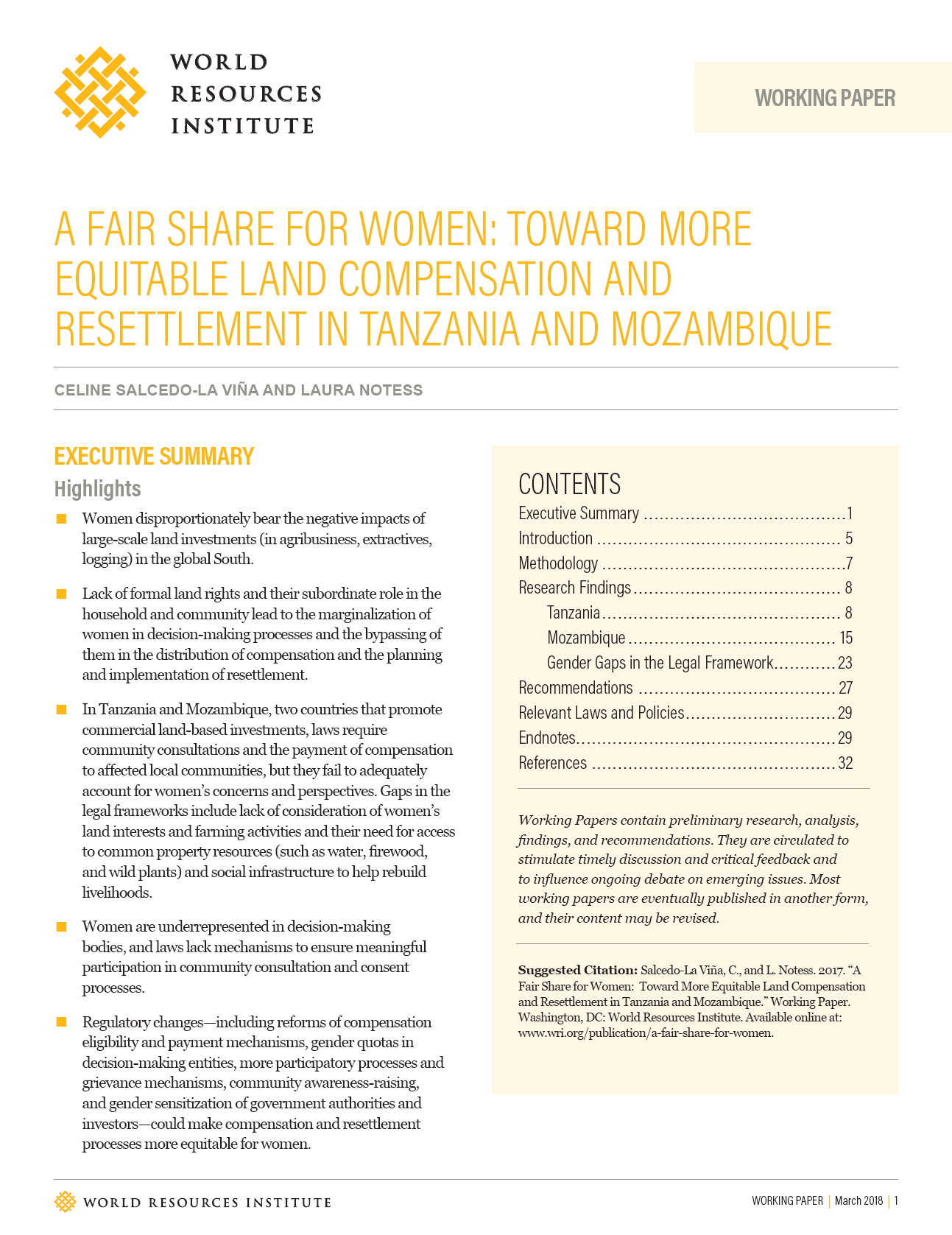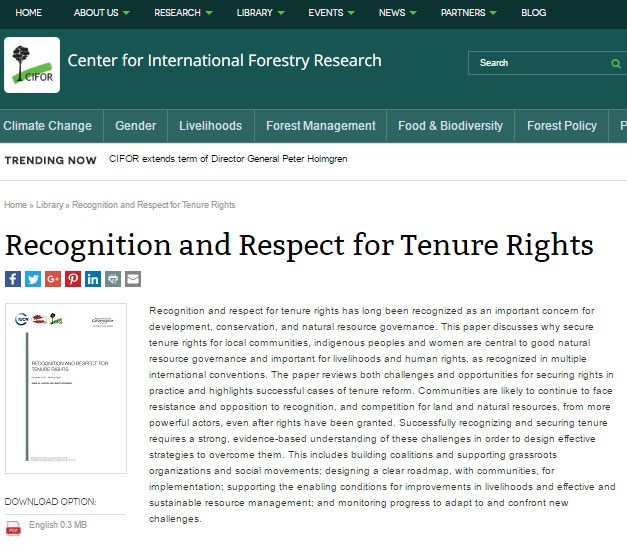Aumenta el impulso en torno a las iniciativas internacionales de monitoreo de la tierra, junto con una demanda sin precedentes de datos e información sobre la tierra gratuitos, accesibles y utilizables. El sector de la tierra debe encontrar la manera de aprovechar las oportunidades que ofrecen las innovaciones en materia de datos abiertos, negociando al mismo tiempo un entorno de datos en rápida evolución.
El Land Portal y la Carta de Datos Abiertos han estado trabajando con el Gobierno de Senegal para abrir los datos sobre la tierra, siguiendo las orientaciones establecidas en la Guía Open Up para la Gobernanza de la Tierra. La Guía Open Up es una guía práctica para los gobiernos que desean recopilar, publicar y utilizar mejor los datos sobre la tierra para el bien público. Como Fase 1 de este proyecto, el equipo ha publicado el Informe sobre el Estado de la Información de la Tierra en Senegal (SOLI por sus siglas en inglés). Los informes SOLI son análisis basados en la investigación del estado actual de los datos sobre la tierra que evalúan la información disponible sobre la tierra en relación con las normas de datos abiertos.
En el seminario web:
- Se compartirán los últimos resultados del proyecto piloto de aplicación de la Guía Open Up en Senegal y las conclusiones del informe SOLI Senegal.
- Se plantearán y debatirán preguntas sobre el interés y la madurez de los datos abiertos en Senegal en relación con la tierra.
- Escuchar las perspectivas del gobierno de Senegal (ANAT, PROCASEF), los donantes (GIZ, Banco Mundial), los miembros de la comunidad local, utilizando estudios de casos específicos sobre los datos y las iniciativas de la tierra








